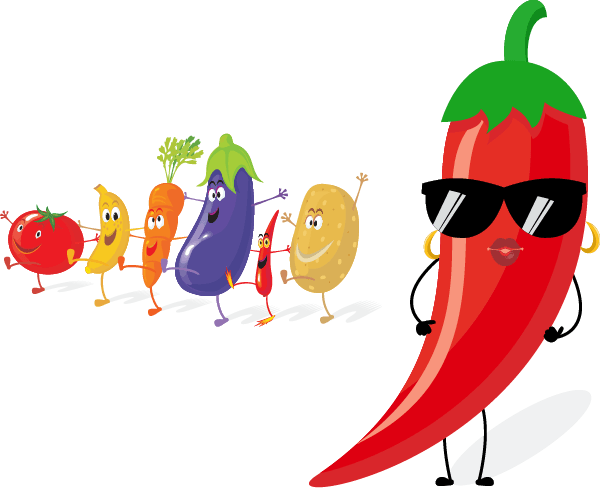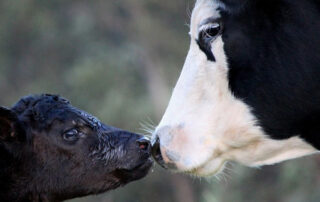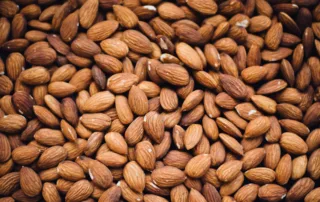Regulating the Food Industry: An Aspirational Agenda
Nutrition professor and advocate Marion Nestle describes how, for decades, the food industry has pushed highly processed, high-calorie, low-nutrition foods that kill Americans in shockingly high numbers, via diabetes, heart disease, high blood pressure, and more. Nestle outlines an aspirational advocacy agenda that puts the brakes on the processed food industry.




